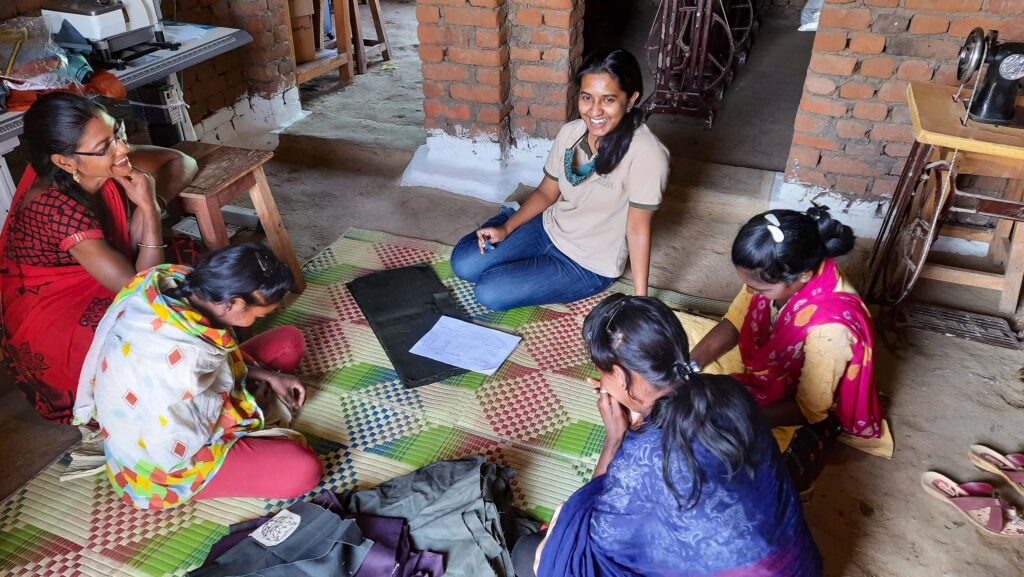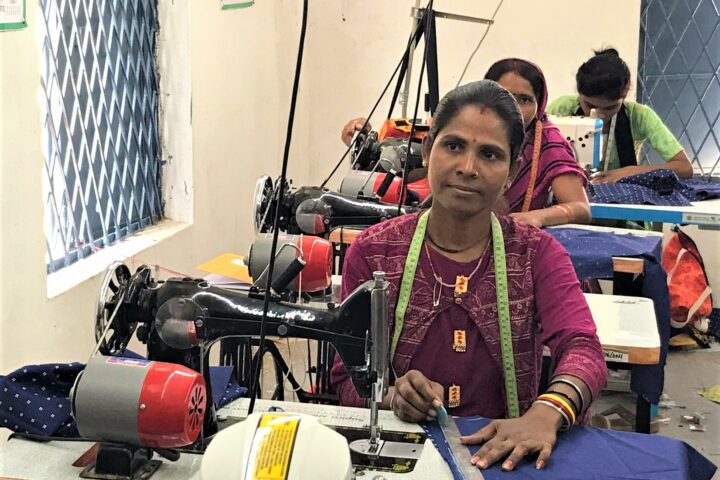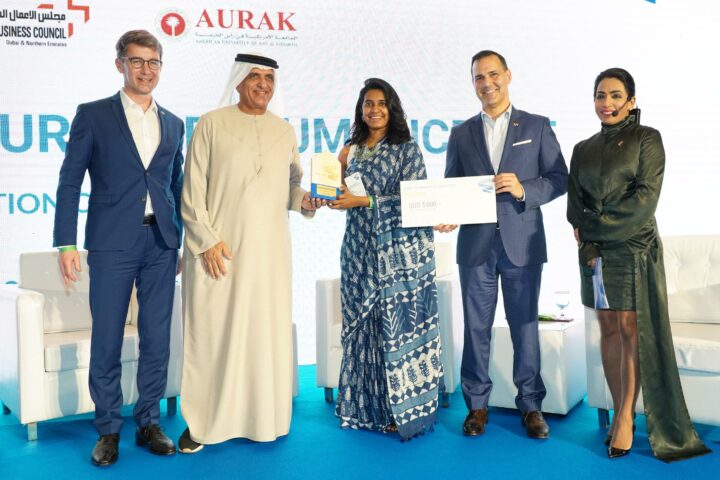Forest encroachment in India is on the increase. According to NDTV, an area five times the geographical size of Delhi is rife with infringement.
The communities that have lived for generations on the outskirts of newly protected forests unsustainably harvest timber for fuel and water from rivers for their livelihoods. This leads to degraded forest cover and endangered animals like India’s Royal Bengal tiger, leopard, Gaur, and the Bara Singha (swamp deer) searching unsuccessfully for food and shelter.

Bridging a gap
While working with forest conservationists as a telecommunications engineer, PashooPakshee founder Savini Sonavaria witnessed the conflict between the conservation space and livelihood issues. She also saw that conservationists and the forest tourism industry were working in their own bubbles such as forest and nature park shops selling unsustainable plastic souvenirs brought in from faraway places.
Savini wanted to bridge the gap between local communities practicing environmental harm to get resources and safari tourism, and conservation efforts. In 2016 she found an opportunity.
Savini
“After about seven to 10 years they stop intervening with the forest and hampering conservation efforts because they have money“
A livelihood is needed to replace an unsustainable practice
As she began to do her research on how to create positive change she discovered from TED talks and corporate blogs that she would first need to build up the skills of those living on the forest edge before behavior and mindset would evolve.
“To be very honest, in the first two years, I did not see that happening at all,” says Savini. “I realized the only way that it will happen, is if the communities started earning enough money; a continuous income that they felt confident about. Then they would let go of their unsustainable practices.”

Destination-specific eco-friendly souvenirs
So she started PashooPakshee to train and employ women. The social enterprise has five centers next to the peripheries of protected forests. Women employees screen print, sew, mold, paint and assemble meaningful stylish souvenirs like animal-themed canvas pouches, terra cotta tiger pins, khadi fabric toys, craft kits and popular creative woodpecker curtain holders (pictured below)
The fabrics they use are scrap cuts from garment industries. Each of the social enterprise’s items avoids plastic or plastic packaging, “We don’t want to bring that into the forest.”
PashooPakshee destination-specific souvenirs and other offerings are available in India’s wildlife and nature destinations such as Jim Corbett National Park and Kanha National Park, a craft center in the heart of the Panna Tiger reserve, and 20 national parks with 60 locations from Ladakh to the Andaman Islands plus online.

Creating change takes time
After her employees earn an income for five years, she says, “We’ve seen mothers become more confident with who they are, gain more autonomy in the home, think ahead, and have a bank account. They switch their children to better schools.”
Women who have been with PashooPakshee for about seven years are also proud to earn a high wage, the highest in their family and sometimes in their village.
“Across our older centers, they develop skills, make friends and learn about conservation issues. After about seven to 10 years they stop intervening with the forest and hampering conservation efforts because they have money.”
Partnership with Women on Wings
PashooPakshee and Women on Wings partnered to co-create jobs for women living in rural India in 2021. Women on Wings has facilitated workshops with Savini and her team on cost pricing, sales, investment readiness, marketing, organizational structure and social media.




